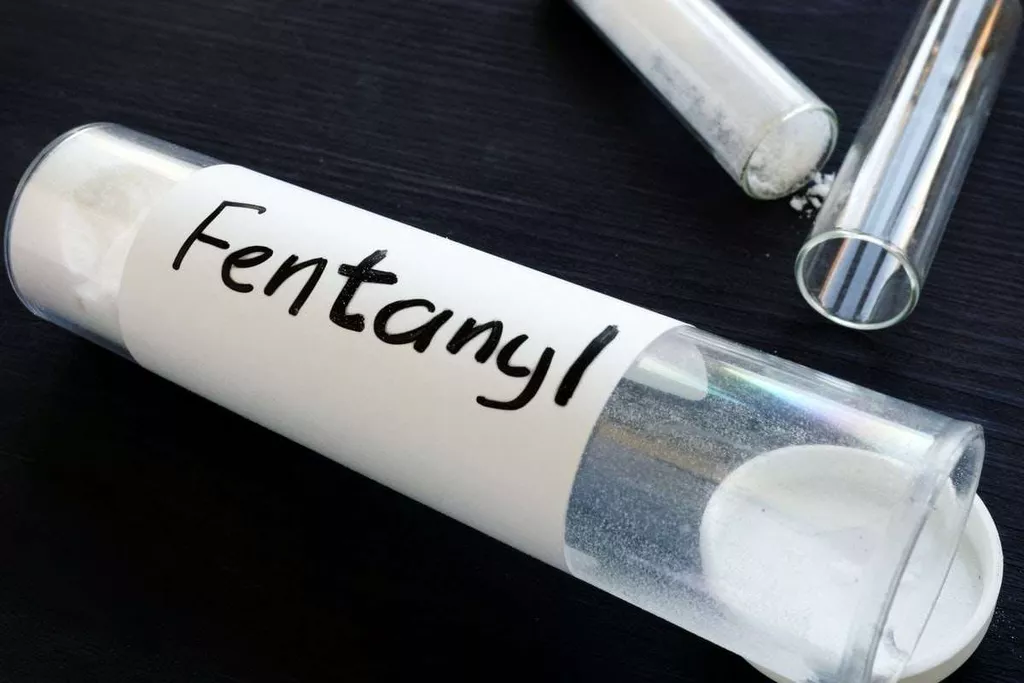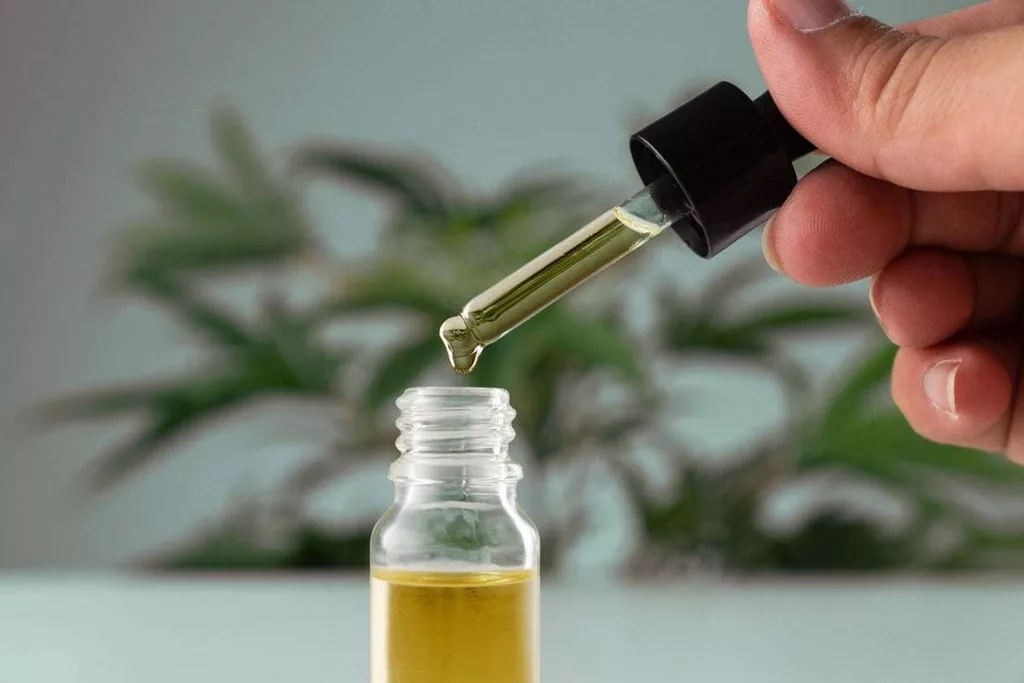
One of the hallmarks of alcohol use disorder (AUD) is that individuals often do not recognize that they have a problem with alcohol. If your loved one doesn’t accept treatment, be prepared to follow through drug addiction treatment with the changes you presented. If you don’t control codependency, it can lead into more serious complications such as obsessive behavior, blame, and mental health issues.
Who should be on the intervention team?

The benefits of treating alcohol addiction at Altitude Recovery Community include comprehensive and compassionate care, ideal for recovery. Family involvement is critical in the recovery process as it helps create a supportive environment for the individual, including every family member. Family support while spending time engaging in activities together as part of therapy can strengthen relationships and practice new behaviors. Peer support is essential for individuals looking to stop or reduce their drinking.

The Role of Family and Friends in Recovery
- This guide is designed to support you in navigating this delicate process thoughtfully and effectively.
- Use “I” statements to express how their drinking affects you personally.
- Instead, urge them to talk about the pros and cons of their drinking.
- Below is a list of some of the providers who are typically involved in alcohol treatment and the type of care they may offer.
- If you decide to stage an intervention for an alcoholic it can ensure they get the help they desperately need and give them a better chance of remaining sober.
Ultimately, having an intervention with an alcoholic can be one of the most powerful ways to help them to seek the help that they need to become sober. One of the best ways to plan an intervention is to contact an addiction treatment facility to seek professional help with your intervention. If you decide to hire professional help to stage your intervention, the second step is to find a local professional to assist you. Contact an addiction treatment facility or mental health center to inquire about holding an intervention session. A person with an alcohol use disorder is also likely to experience withdrawal symptoms when they aren’t drinking, and they may have several failed attempts to stop.
Start Healing from Drug and Alcohol Addiction Today
- There are a few different formats interventions can take, but the most important thing is that you express your concerns and let your loved one know that you’re there for them no matter what.
- At Windward Way Recovery, we offer one-to-one, confidential, and supportive programs that help people recover from addiction for good.
- Thoughtfully planned alcohol interventions, with the guidance of a professional interventionist, have a high success rate.
- When your loved one swears to you and to themselves that they will never touch another drop of alcohol, you might believe them.
- Additionally, the intervention may set off other issues or complicate your relationship with them.
- If a counselor is present, they might conduct a brief counseling session.
Therapy helps your loved one explore what led to their drinking, how it’s affecting their life and what tools they can use to manage things differently. It’s a chance to work through patterns that might have gone unnoticed for years. With the right resources, a well-structured plan, and compassion, you can make a profound difference in your loved one’s life. Staging an intervention for a loved one struggling with addiction is a courageous act of love, but it can also be emotionally overwhelming and logistically complex. Some interventions focus on education and awareness, providing a person with information about the consequences of their addiction. Others focus on skill-building, equipping them with coping mechanisms to manage cravings and triggers.
Until the family changes, the addict or the alcoholic most likely won’t change either. Most families of addicts believe their behavior, either individually or collectively, is helping the addict or alcoholic when, in fact, their how to intervene with an alcoholic behavior is being manipulated. Once they’ve decided to accept our support, we will invite them to stay at our purpose-built wellness centre where we can guide your loved one safely through a clinical detox. Your intervention will ensure that this is a safe procedure under the 24-hour surveillance of our highly qualified medical team.
- Contact your primary care provider, health insurance plan, local health department, or employee assistance program for information about specialty treatment.
- You can increase the likelihood of success by hiring a trained alcohol interventionist or addiction counselor to aid you in the process.
- Support groups can provide additional help during these challenging times.
- Explain to your loved one that you want to listen to what they say, just like they listened to you.
Preparing for the Intervention
If someone you love is struggling with alcohol, drug addiction, compulsive gambling or other destructive behaviors, staging an intervention might be the best way to help the person get better. People with serious addictive behaviors are often in denial that they have a problem. Alcohol use disorder is characterized by a range of symptoms that can severely impact an individual’s life as a medical condition. Recognizing these signs early is crucial for timely intervention and support. If you notice these behaviors in a loved one, it may be time to take the next step and initiate a conversation about their drinking habits and potential alcohol problems.
How To Stage An Intervention For An Alcoholic?

Until a family changes its behavior with an intervention geared to make the addict or alcoholic feel discomfort rather than avoid it, things will not get better. As a result of shame and guilt or seeking to protect the addict or alcoholic’s feelings, families continue the cycle of insanity that the loved one has created. Staging an intervention for an alcoholic can protect other people, especially the vulnerable. Whether you are struggling with addiction, mental health or both, our expert team is here to guide you every step of the way.
Successful interventions are often planned from start to finish, making the path to recovery clear to the addict. By sticking to the script and following your alcohol intervention plan closely, you’re more likely to get your loved one to agree to a treatment plan. The primary benefit of an intervention is that it can help an individual struggling with an alcohol or drug use disorder to realize the need for treatment and to seek it out. During an intervention, the participants will come together in a supportive and caring way to confront the individual with the consequences of their drinking or drug use.

